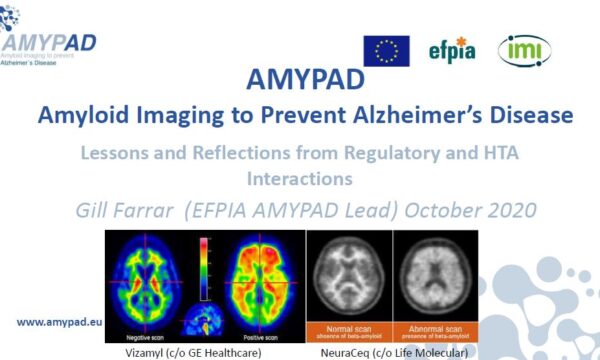New research published in has shown that the disclosure of a positive amyloid-PET result to patients with SCD+ was associated with a bigger psychological change, yet such change did not reach the threshold for clinical concern.
People who are amyloid-positive with subjective cognitive decline (SCD) and clinical features increasing the likelihood of preclinical Alzheimer’s disease (SCD+) are at higher risk of developing dementia. Some individuals with SCD+ undergo amyloid-positron emission tomography (PET) as part of research studies and frequently wish to know their amyloid status; however, the disclosure of a positive amyloid-PET result might have psychological risks.
In order to assess the psychological outcomes of the amyloid-PET result disclosure in peoplewith SCD+ and explore which variables are associated with a safer disclosure in individuals who are amyloid positive, a collaborative research team performed an add-on study on the disclosure of the amyloid-PET result. Participants were from memory clinics who underwent amyloid-PET as part of the AMYPAD Diagnostic and Patient Management Study (DPMS).
A total of 105 participants with SCD+ of AMYPAD DPMS, who received their amyloid-PET results, participated in this study. Among them, 26% (27 of 105) were assessed as amyloid positive and 74% (78 of 105) as amyloid negative. Findings showed that the disclosure of a positive amyloid-PET result was associated with a greater psychological changes, yet such changes did not reach the threshold for clinical concern.
Congratulations to all authors!
You can read the paper here.



